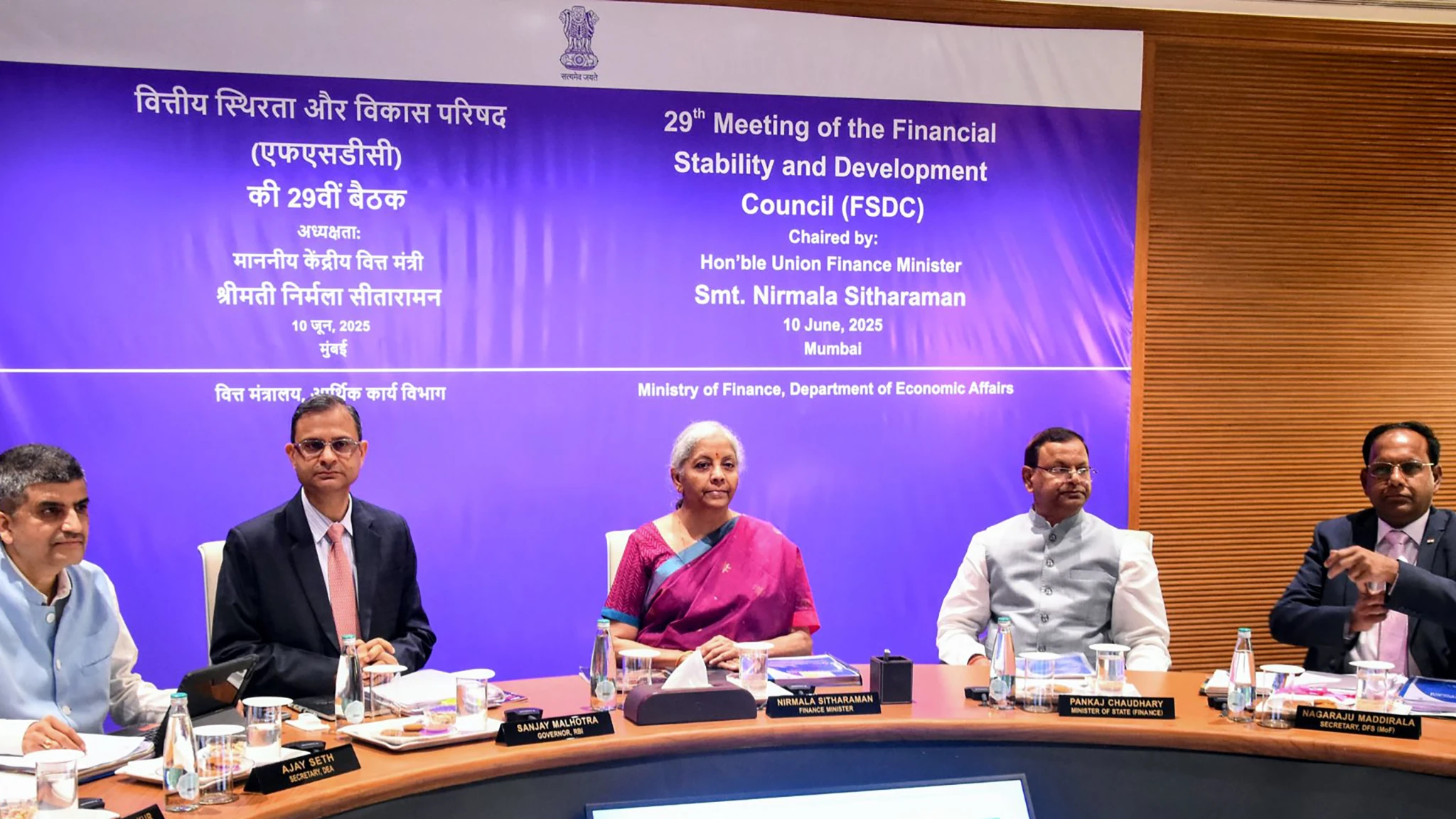It appears the green wave is not just a policy slogan anymore. American private equity major TPG’s unveiling of a green financing platform in India, its first in the country, comes as a shot in the arm for the nation’s ambitious climate goals. With a substantial $1 billion initial equity pool, this climate-focused NBFC signals a serious intent to tap into India’s burgeoning green finance sector.
India’s Climate Finance Challenge
India’s commitment to becoming net-zero by 2070 is not just aspirational; it is a necessity. However, achieving this requires an estimated $1 trillion, a figure that dwarfs current funding streams. While climate finance trickles in from various sources – the Union Budget, global organisations, bilateral donors, and private investors – a significant gap remains. Reports, such as the 2021 CEEW Report, indicate a staggering $1.4 trillion deficit between 2020 and 2070. Even substantial contributions, like the World Bank group’s $31 billion in FY24, fall short of the mammoth requirements. TPG’s entry aligns with the growing recognition that private capital is indispensable to bridge this divide and accelerate India’s green transition.
NBFCs Bridge the Green Gap
Non-Banking Financial Companies (NBFCs) are emerging as crucial players in this landscape. Their flexibility and agility, compared to traditional banks, make them adept at reaching smaller businesses and underserved sectors. Regulated by the Reserve Bank of India, they operate with more nimbleness, effectively bridging funding gaps. Entities like Mufin Green Finance and Vivriti Capital are already demonstrating this by financing green buildings, rooftop solar projects, and electric vehicles, addressing the critical last-mile delivery of climate funding. TPG’s existing investments in NBFCs like 5 Star Business Finance and Poonawala Housing Finance further strengthen its position to navigate and scale green investments in India.
Cautious Optimism for Green Funds
TPG’s $10 billion Global South Initiative is undoubtedly a welcome development. Yet, a dose of realism is warranted. A Reuters analysis earlier this year highlighted that climate finance from wealthier nations often comes with strings attached, potentially benefiting donor nations more than recipients. For India to truly benefit, it is vital to monitor the long-term impact and ensure transparency of these investments. We must move beyond headline figures and scrutinise the actual deployment and effectiveness of these funds in driving tangible climate action on the ground.
Will this billion-dollar commitment truly catalyse a green finance revolution in India? If TPG’s investment fosters genuine partnerships, prioritises impactful projects, and operates with transparency, it could indeed be a watershed moment. The growing interest in green finance signals a powerful shift, suggesting that sustainability is not just a niche concept, but is fast becoming a mainstream investment theme with profound implications for the Indian economy. This could be the start of a greener, more sustainable growth story for India.
Image Courtesy: X (IGEF)










Leave a Reply